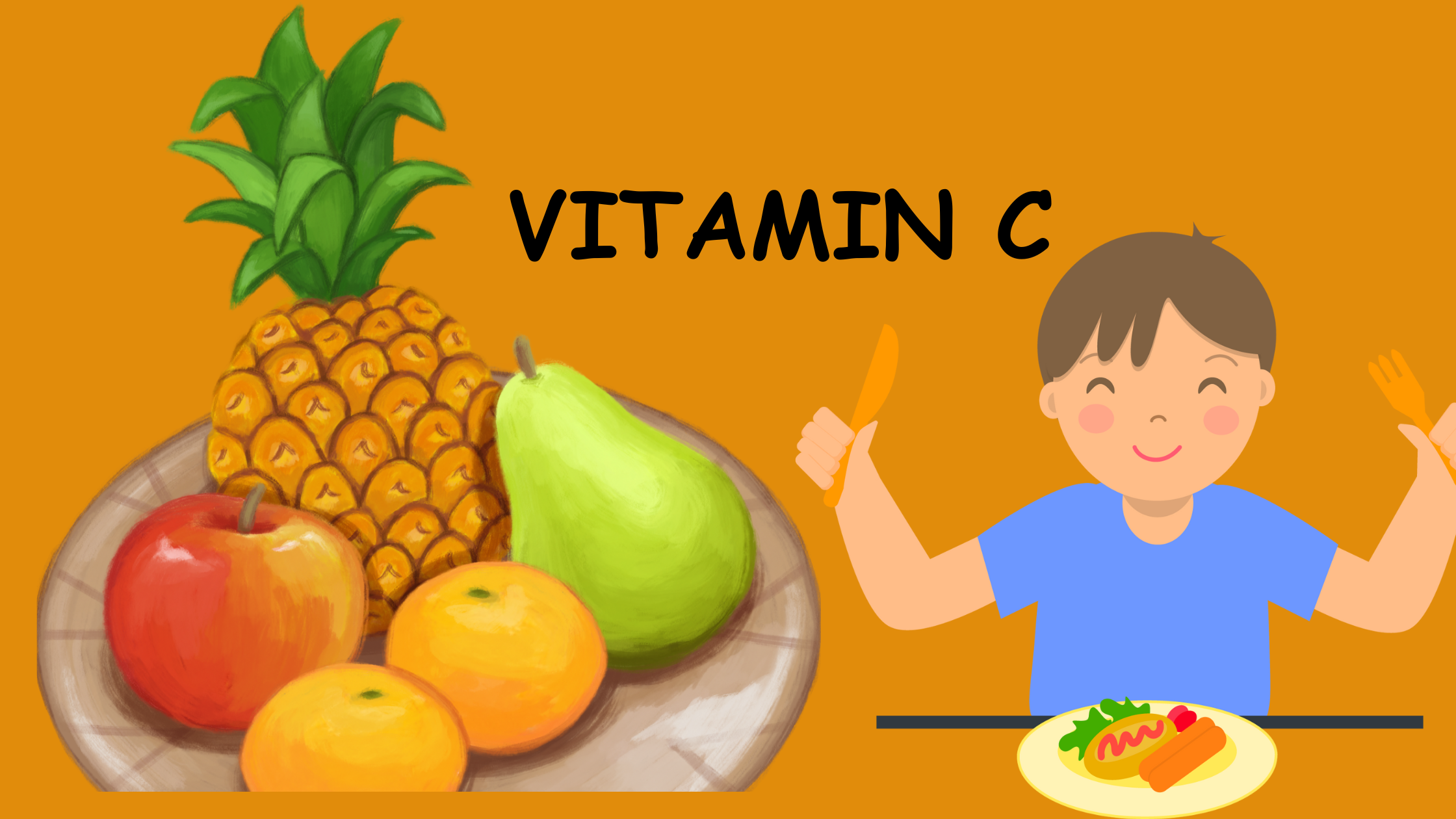The Power of Vitamin C: Benefits, Sources, and Myths Debunked
Introduction
In the world of nutrition, one vitamin stands out for its numerous health benefits and immune-boosting properties – Vitamin C. This essential nutrient plays a crucial role in maintaining overall well-being and vitality. In this article, we will delve into the various benefits of Vitamin C, explore its food sources, and debunk common myths surrounding this powerhouse vitamin.
Benefits of Vitamin C
Immune System Support
- Vitamin C is well-known for its ability to boost the immune system, helping the body fight off infections and illnesses.
- It helps stimulate the production of white blood cells, which are essential for fighting off pathogens.
- Regular intake of Vitamin C has been shown to reduce the duration and severity of the common cold.
Antioxidant Properties
- As a powerful antioxidant, Vitamin C protects cells from damage caused by free radicals.
- It helps neutralize harmful compounds in the body and promotes overall health and longevity.
- Antioxidants like Vitamin C play a key role in reducing the risk of chronic diseases such as heart disease and cancer.
Collagen Synthesis
- Vitamin C is essential for the synthesis of collagen, a protein that provides structure to skin, bones, and connective tissues.
- It helps maintain skin elasticity and promotes wound healing.
- Adequate Vitamin C intake can improve skin health and slow down the aging process.
Iron Absorption
- Vitamin C enhances the absorption of non-heme iron from plant-based sources, aiding in the prevention of iron deficiency anemia.
- Consuming Vitamin C-rich foods alongside iron-rich foods can optimize iron absorption and utilization in the body.
- This synergistic effect of Vitamin C and iron is crucial for maintaining healthy blood levels and overall energy.
Food Sources of Vitamin C
Citrus Fruits
- Oranges, lemons, grapefruits, and limes are excellent sources of Vitamin C.
- Enjoying a fresh glass of orange juice or adding lemon zest to dishes can increase your Vitamin C intake.
Bell Peppers
- Red, green, and yellow bell peppers are packed with Vitamin C and provide a colorful addition to meals.
- Include bell peppers in salads, stir-fries, or as a crunchy snack with hummus.
Kiwi
- Kiwi fruits are a delicious and potent source of Vitamin C, offering a tropical twist to your diet.
- Enjoy kiwi slices on their own or add them to yogurt, smoothies, or fruit salads.
Broccoli
- Broccoli is a nutrient-dense vegetable that is high in Vitamin C, fiber, and other essential nutrients.
- Steam, roast, or stir-fry broccoli to retain its Vitamin C content and maximize its health benefits.
Myths About Vitamin C
Myth #1: Vitamin C Prevents COVID-19
- While Vitamin C does support the immune system, it is not a cure or preventive measure for COVID-19.
- Following public health guidelines, such as wearing masks and practicing social distancing, is crucial in preventing the spread of the virus.
Myth #2: You Can’t Overdose on Vitamin C
- While Vitamin C is water-soluble and excess amounts are usually excreted in urine, consuming very high doses can lead to stomach upset and diarrhea.
- It is important to follow recommended daily allowances and consult with a healthcare provider before taking Vitamin C supplements.
Conclusion
Vitamin C is a vital nutrient that offers a wide range of health benefits, from immune system support to skin health and collagen synthesis. By incorporating Vitamin C-rich foods into your diet and maintaining a balanced lifestyle, you can harness the power of this essential vitamin for optimal well-being. Remember to consult with a healthcare provider before making any significant changes to your Vitamin C intake and enjoy the many benefits this nutrient has to offer.
Source: Mayo Clinic – Vitamin C
